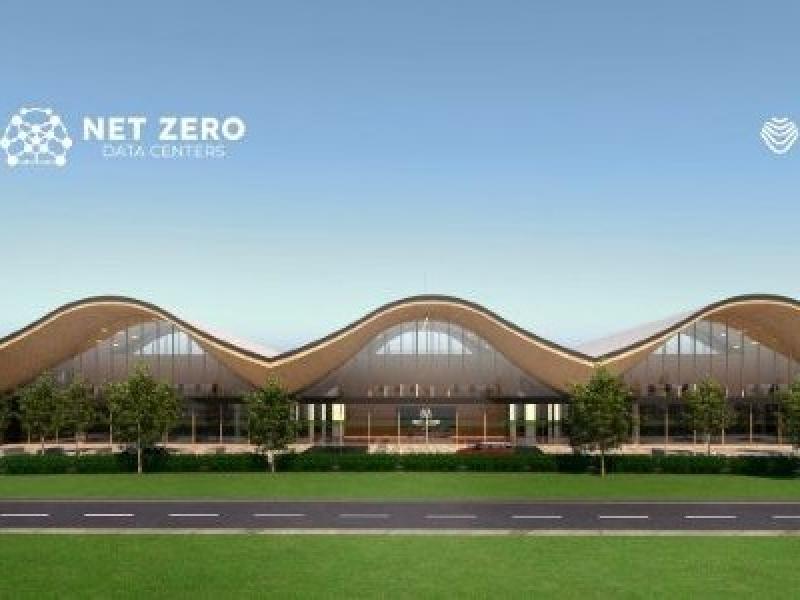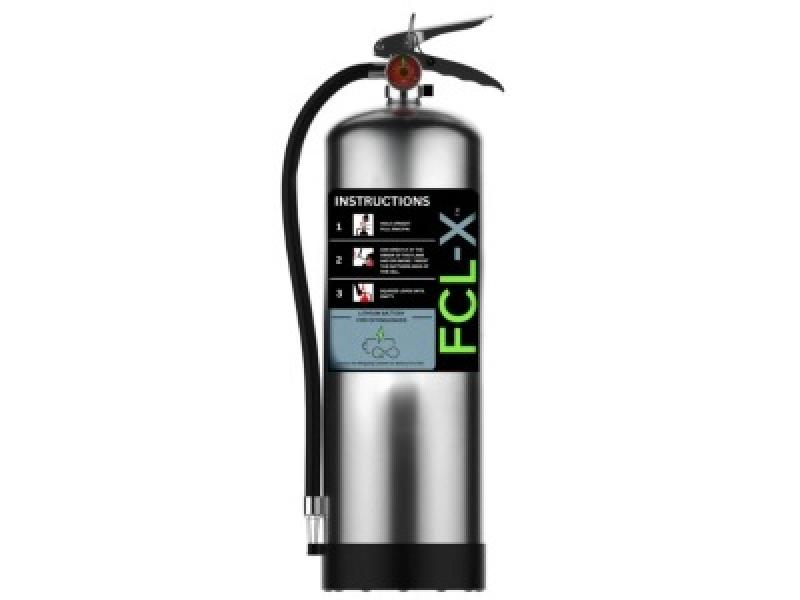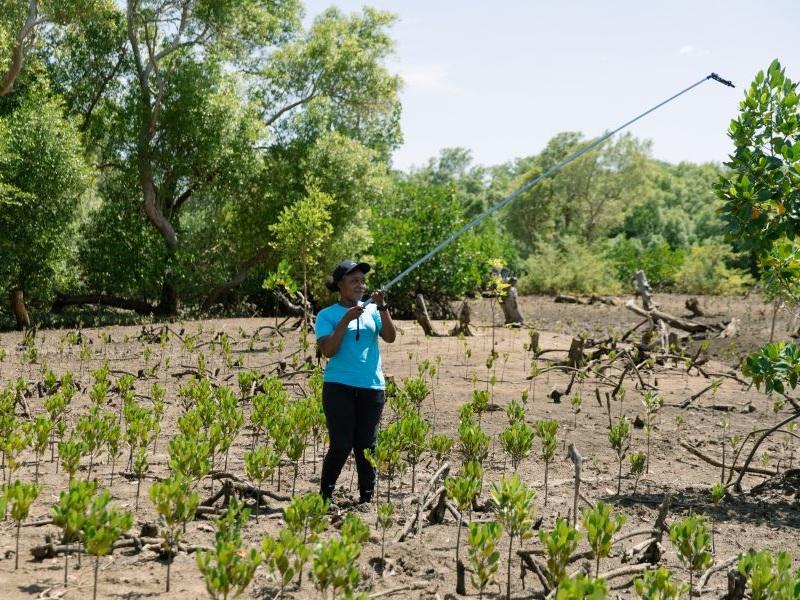
Liberty Utilities has acquired four dairy farm-based renewable natural gas projects in Wisconsin. (Courtesy Liberty Utilities)
Liberty Utilities has acquired Sandhill Advanced Biofuels and its four farm-based renewable natural gas (RNG) projects in Wisconsin to help it meet demand in the high-growth sector.
Liberty is a subsidiary of Canadian renewable energy company Algonquin Power & Utilities Corp (AQN-T). Both are based in Oakville, Ont.
Algonquin primarily serves the regulated energy business. On the non-regulated side, Liberty’s involvement in utility-scale renewable energy like hydro, wind and solar is now expanding into RNG as part of its two-year-old growth strategy.
Tom West, the director of business development at Liberty, leads non-regulated RNG for the company. He said the Sandhill acquisition is the company’s first deployment of capital in the non-regulated RNG space.
Sandhill offered “excellent networks” and has established relationships with local stakeholders and farmers. So, when two of Sandhill’s four RNG projects had commenced operation, the decision was made in July to acquire the company. The other two farms should be operational in 2023.
“We find it a very interesting space,” West said about RNG, noting the firm is already “a very big player in the renewable power space.
“That’s kind of very much in our DNA and what we’re about doing. We think the renewable thermal field is a huge potential growth area and we see demand coming probably from the corporate industrial customers who serve on the power side.”
West did not disclose financial details of the acquisition.
Liberty has also recently acquired a hydrogen hub in New York as part of its U.S.-based clean energy expansion plan.
Sandhill’s methane farms
The RNG development platform seeks to offset the potent greenhouse gas (GHG) methane, which is emitted from cattle manure, flatulence and belching. The four Sandhill projects are being developed at small- to medium-sized (by U.S. standards) farms of around 2,000 to 5,000 head of cattle.
When cow manure decomposes, it releases methane. The manure is typically flushed out from barns into lagoons and later spread out into fields as fertilizer, where it is free to contribute to warming.
But at the Sandhill facilities, the manure sits in an anaerobic digester tank before it enters the lagoon, which strips the emitted gas of the sulphur and carbon dioxide content and outputs fairly pure methane. From there, the RNG is trucked to connector points and injected into the natural gas distribution system.
The remaining nitrogen-rich manure can then be sent into the fields as fertilizer.
West said the RNG will mostly flow to the compressed natural gas fuelling market for trucks and cars. It will allow Liberty to earn credits under renewable fuel standards, including California’s Low Carbon Fuel Standard. The ultimate goal is to displace transportation fuel with RNG.
In a press release, Liberty says the four farms combined will produce about 500 MMBtu of RNG per day. There is also the possibility of creating more such RNG facilities in the region, West said.
More sustainable cattle farms
Liberty says the RNG project can sequester enough GHG from manure to make the operation carbon negative. Conventional natural gas emits 70 to 80 grams of carbon dioxide equivalent per megajoule, but the RNG platform extracts 200 to 300 grams of carbon dioxide equivalent per megajoule, West said.
“One megajoule of our gas probably offsets about four or five megajoules of conventional natural gas in terms of its carbon footprint,” he added.
West provided a more visual example; he said the amount of warming potential negated will be equivalent to the amount of carbon dioxide two million trees would remove from the atmosphere.
West noted Wisconsin and California are the U.S. states at the centre of the American dairy industry. Wisconsin is renowned for its milk production, with a reputation as the country’s cheese and butter epicentre.
As a water-intensive business in a state increasingly struggling with drought conditions, California’s dairy industry faces sustainability issues. That is why Liberty opted to invest in Wisconsin, West said, because it offers longevity.
He also said Liberty loved Sandhill’s position as a local player focused on its community, rather than expanding into other states.
The Wisconsin farmers, West said, have been “absolutely fabulous” with their cooperation and are deeply interested in sustainability. “They’ve been hugely supportive,” he said, praising them as “incredibly commercial people” who are “one of the most interesting stakeholders I’ve ever worked with.”
The future for Liberty
Though Liberty and Algonquin Power are centred in Canada, West doesn’t anticipate dairy farm-based RNG sequestration like Sandhill to take off here to the same extent as in the U.S. That’s due to the scale of the industry in Canada.
“By a Canadian perspective we call those enormous farms,” West said of the locations hosting the Sandhill facilities.
However, he did say there are other opportunities for RNG in Canada.
Some recent RNG projects in Canada include a Skyline Clean Energy Fund biogas facility in Lethbridge, Alta., CHAR Technologies’ scrap wood RNG project and EverGen Infrastructure’s three RNG projects in Northern Ontario.
Saying there is no real limit on individual farms, West said others are looking at 10,000-head farms. “It’s a very interesting time” as the industry grows, he said, with prospects to expand several times over.
Liberty is encouraged by the passing of the Inflation Reduction Act in the U.S., which West described as “fantastic news.” The bill, which enacts the largest single climate-related investment in U.S. history, creates firm ground for Liberty.
“After years of regulatory uncertainty, we now finally have a regulatory environment where we know what the rules are,” West observed. It opens up tax credits for biogas projects as well as provisions to encourage RNG adoption, which West expects to benefit Liberty’s business.










